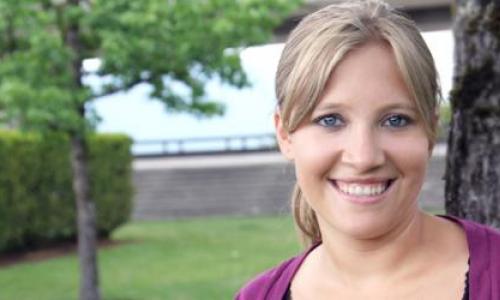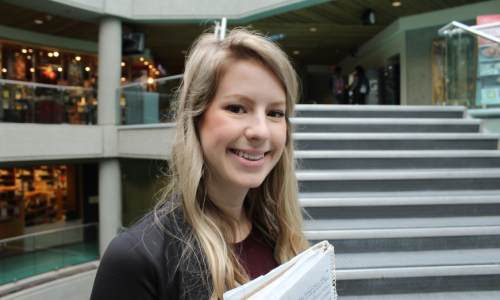
A year ago, I was a full-time student without any work experience. After a long time of searching for jobs, I finally landed my first Co-op position as an accounting student.You might be wondering how I effectively transitioned from a student to someone with real work experience in accounting. Here are some tips for you.
The entire accounting business is highly deadline-driven. It is crucial to prioritize the duties you are assigned. For example, my duties include doing monthly payroll, bookkeeping for clients and preparing different tax returns. Payrolls duties tend to be more time sensitive. As a result, payroll tasks are at the top of my priorities. In order to effectively prioritize projects, you need to categorize your tasks and highlight what is more urgent, so that you can be compliant with all the deadlines and also meet clients’ demands. For example, I will make a “to do list” each week to layout different deadlines and give extra attention on the deadline that need longer time to complete.
As a new co-op student, you will not have all the knowledge or skills to complete unfamiliar tasks. You need to know when to ask for help. You obviously do not want to always interrupt your supervisors, but it is also crucial to not make the wrong assumptions. Work is not an isolated environment; it involves a lot of collaborations. In the end, your work is passed on to a senior for review. If your draft has a lot of mistakes, it will take much longer and tougher for them to fix the mistakes. Instead, if you were to ask questions along the way, you can get a better understanding of the task and finish it according to expectations. The ultimate goal is to deliver a project that matches your team’s expectations and work collaboratively in a team environment.
You might have heard this a lot of times: attention to details is really important for accountants. In the firm, it is always the little things that add a lot of values to clients. For example, when I was doing one client’s payroll, I realize the client had made a few mistakes in calculating the timesheets. I was able to identify the mistakes and report them to the client. These calculation errors are not difficult to find, but it demonstrated to the clients that the firm is responsible for ensuring accuracy and avoiding potential errors. You can make a good impression with your manager and client with your ability to pay attention to details. Small errors can lead up to a bigger problem.
As a student, you might experience times when you run out of energy and lack inspiration when working on one project for too long. The same thing could happen during work. It is important to take breaks when you’re not feeling focused. Another helpful advice is making sure you use your most productive time to tackle the more complicated tasks. When I feel confused and stuck, I usually like to switch to a different task. This way, I can come back to my previous problems when my mind is clearer to garner my full attention and give me a new perspective. Sometimes, a 15 minutes coffee break is all you need. Do not push yourself too hard! Take a break when you need it.
I can still remember when I went to work fully dressed up on the first day. It turns out, I was the most dressed up person in the office. After working in the firm for a while, I realized that the company had a more casual work environment than I expected. Additionally, my supervisor is very open to talking about his life experiences. After talking to my manager and learning of his experiences, it inspired me a lot. As a result of the open work environment I was in, I also become much more open about my experience at work. I really appreciate this kind of open work culture.















